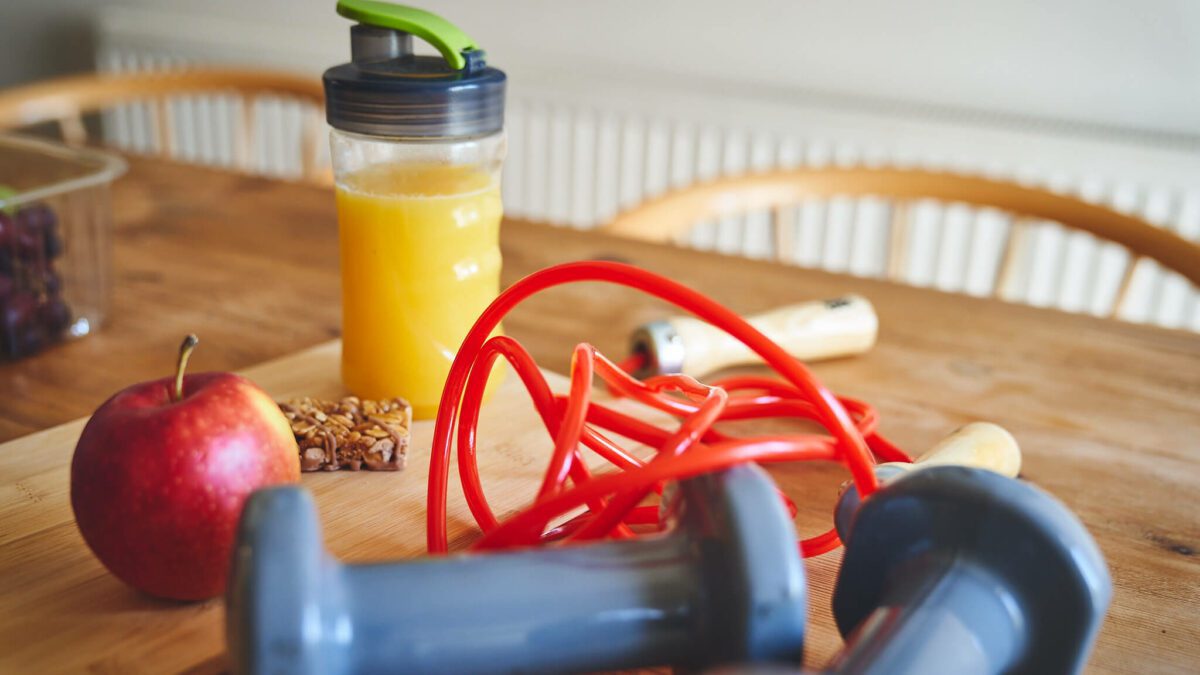

Blogs
Hundreds of blog posts to educate you on a wide variety of topics across the Health, Fitness and Nutrition industry.


Hundreds of blog posts to educate you on a wide variety of topics across the Health, Fitness and Nutrition industry.
The fitness industry is constantly evolving. It’s why we’ve focused on providing you with the resources, tools and content aimed at inspiring change across the health and fitness industry.

Our courses set the benchmark for industry training and ongoing support. If you’re ready to get started, so are we.